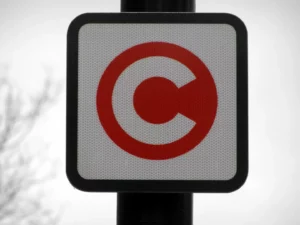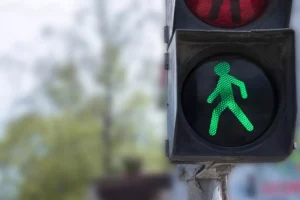Oxford City Council has welcomed new World Health Organisation (WHO) guidelines which recommends stricter limits on the safe level of air pollutants.
The Council has also written to the UK Government to recommend adoption of the new guidelines as a matter of urgency.
The new guidelines, which have been updated for the first time since 2006, provide clear evidence of the damage air pollution inflicts on human health. In response to this, the WHO has adjusted its guidelines, warning that exceeding the new recommended levels is associated with significant risks to health.
The guidelines recommend:
- Lowering overall air pollution target levels across the six key air pollutants;
- Introducing interim targets that can be used by authorities to develop pollution reduction policies that are achievable within realistic time frames;
- Reducing the annual level of NO2 (Nitrogen Dioxide) per year from 40 µg/m³ to 10 µg/m³;
- Reducing the annual level of PM2.5 (Particulate Matter 2.5) per year from 10 µg/m³ to 5 µg/m³;
- Reducing the annual level of PM10 (Particulate Matter 10) per year from 20 µg/m³ to 15 µg/m³;
However, the WHO emphasises that despite this update, the new limits should not be considered to be safe, and that there is no level at which pollutants stop causing damage.
The WHO estimates that around 7 million deaths each year are linked with air pollution – with air pollution now estimated to be competing with other major global health risks such as unhealthy diet and tobacco smoking.
Air pollution contributes to an increased chance of developing lung cancer, increased risk of heart disease and increases in asthma, coughs and bronchitis. A January 2020 study from Centre for Cities found out that at least one in 17 deaths in Oxford is related to air pollution.
While not legally binding, the World Health Organisation (WHO) guidelines on air pollution levels are often used as reference tools by policymakers, including councils across the world to set standards and goals for air quality management.
Oxford is working to address air pollution levels and reduce exposure to toxic air pollution.
Last summer, Oxford City Council became the first UK local authority to set out its own voluntary citywide air pollution reduction target within its Air Quality Action Plan.
The action plan goes further than the legal annual mean limit value for NO2 of 40 µg/m³, and sets out a new local annual mean NO2 target for Oxford of 30 µg/m³ by 2025. This target aligns with step two of the WHO’s updated interim target for NO2.
In addition, Oxford City Council is working with Oxfordshire County Council to introduce Britain’s first Zero Emission Zone (ZEZ) pilot in February 2022. The ZEZ pilot means polluting vehicles will be charged if driven in key city centre streets between the hours of 7am – 7pm, seven days a week. Under the ZEZ pilot, those who drive polluting vehicles into the zone will be charged, with the level of the charge dependent on how polluting the vehicle is. Under the scheme, zero emission vehicles will not be charged to drive in the zone. The pilot is intended to generate key understandings about the implementation of a ZEZ across a larger city centre space.
Councillor Tom Hayes, Deputy Leader and Cabinet Member for Green Transport and Zero Carbon Oxford”We are tackling air pollution because it cuts short people’s lives and quality of life. Having launched the most ambitious air quality targets in the country last year, we strongly welcome these new guidelines from the World Health Organisation. The latest science is telling us that there is no safe level of air pollution. The new guidelines mean that current UK air quality legislation does not adequately protect public health. We have written to the Government to urge immediate adoption of the guidelines. Every day of delay is another day of putting the health of our citizens at risk and going against the clear advice of the latest science. Nobody can afford delay.”





















